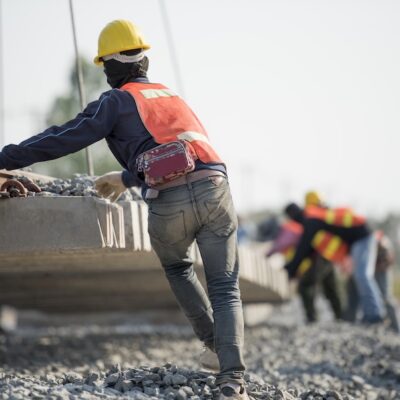Peer-to-peer shipping start-up for NZ
A Kiwi startup is out to disrupt New Zealand’s shipping industry with a service which connects drivers with free vehicle space to people who need things shipped. Lonelyseat.co.nz has launched publicly after […]
A Kiwi startup is out to disrupt New Zealand’s shipping industry with a service which connects drivers with free vehicle space to people who need things shipped.
Lonelyseat.co.nz has launched publicly after two months of a soft launch testing phase.
The premise is simple: if you have spare space in your vehicle and are going somewhere, you can carry something for other Kiwis who will give you money towards your fuel bill. It’s an arrangement which sees the carrier earn money from their ride, and the shipper save money when compared to using a shipping service.
“The cost of shipping items with Lonelyseat door-to-door is at least 50 percent cheaper than using a traditional service,” co-founder Riki Manarangi (Te Arawa, Ngati Whakaue) says.
“Lonelyseat is not only better for people’s wallets, it’s also better for the environment. Two thirds of cars in New Zealand are have one occupant so we’ve created a network that makes use of that empty space.
“Instead of putting more vehicles on the road to transport goods, Lonelyseat makes use of journeys already being made. That reduces our country’s overall carbon footprint which is what we’re passionate about.”
Lonelyseat is also working alongside partners such as Trees That Count to offset more carbon than it emits, and assist the Government in its Zero Carbon ambitions.
Since soft-launching earlier this year, Lonelyseat has already built a network of drivers and senders from Kerikeri to Invercargill.
“It’s clear that Kiwis are looking for a better logistics solution,” Manarangi says.
Drivers and senders decide the worth of a spare space but Lonelyseat provides some guidance.
“Using traditional logistics options, sending a single desk chair from Auckland to Christchurch could cost around $150, whereas our pricing tool recommends around $70,” Manarangi says.
“Of that, the driver will pocket about $60. That’s $60 that they would not have received otherwise, and the sender pays less than half of the typical cost. Everyone wins.”
To keep the Lonelyseat community safe, drivers are vetted when they sign up and a review system moderates both senders and drivers. Plus, senders can keep track of their items with live GPS tracking.
“Lonelyseat is like carsharing but instead of making small talk with strangers in your car, you get paid to just carry their stuff,” Manarangi says.
“New Zealand is a car country and we’re giving people a simple way to cash in on their long journeys, and offset both their fuel cost and our country’s carbon footprint.”
Manarangi (pictured), is of Maori and Cook Island decent, a sustainability graduate of the University of Waikato, finalist in the Soda Inc Startup Bootcamp and former public servant at the Hamilton City Council.






